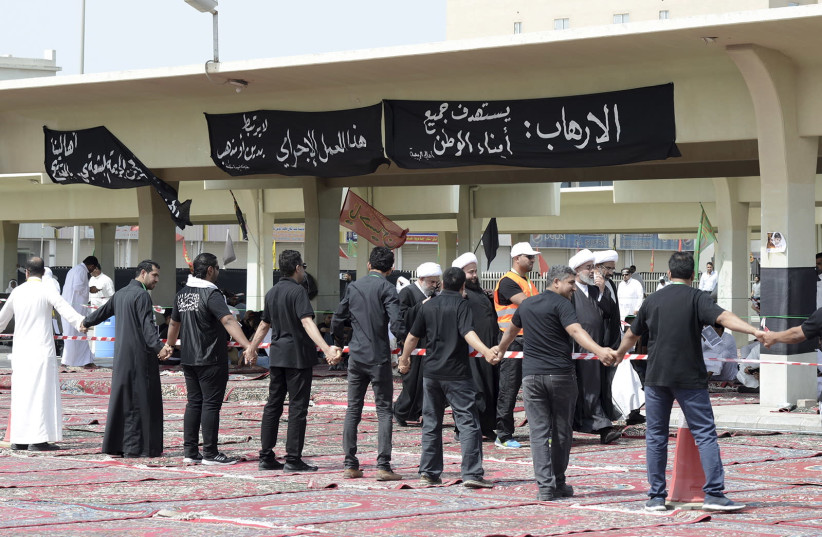How likely is it that followers of the Islamic State (ISIS) will heed its call on social media for attacks on Saudi oil pipelines and other infrastructure after the kingdom allowed planes en route to and from Israel to cross its territory?
The cryptic audio message on the Telegram messaging platform earlier this month called for retaliation for Saudi support for the United Arab Emirates’ and Bahrain’s normalization of ties with Israel.
While Middle East experts do not have a crystal ball, they are skeptical that this appeal will lead to something bigger.
“ISIS is ‘whistling in the dark.’ They have lost their equipment and the services of their formerly numerous volunteers,” Dr. Oded Eran, a senior researcher at the Institute for National Security Studies in Tel Aviv, told The Media Line.
He was referring to the war against Islamic State, in which it lost its last swathe of territory, in the Syrian town of Baghouz. In March 2019.
Brian G. Williams, an Islamic history professor at the University of Massachusetts, Dartmouth, told The Media Line: “They have gone underground, operating a shadow war.”
“We [US and allied forces] didn’t wipe them out, even though they are much diminished by the war and most fighters did not come home,” Williams said. READ MORE
